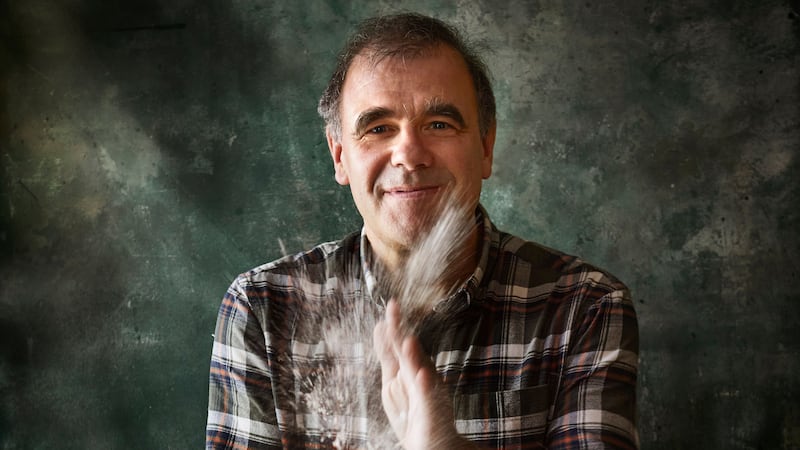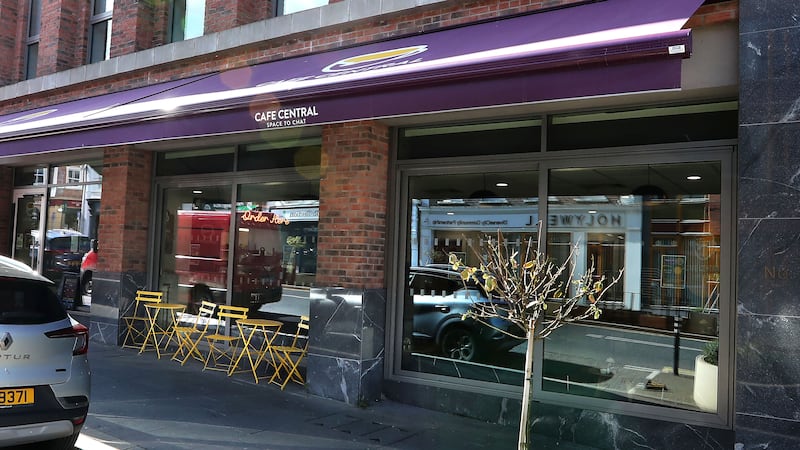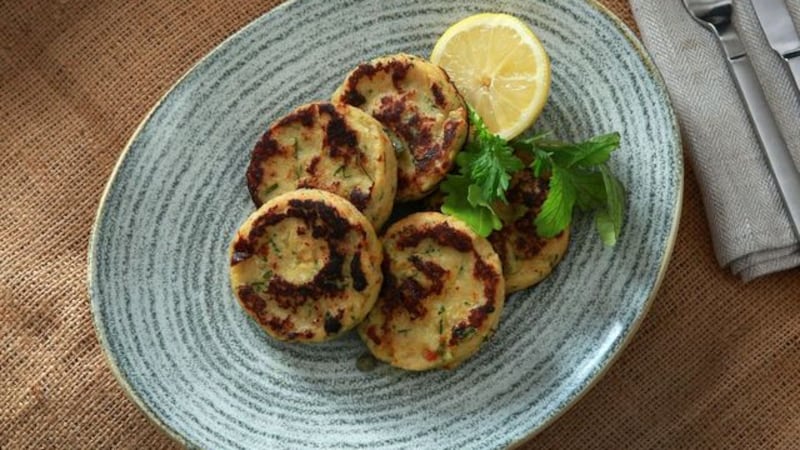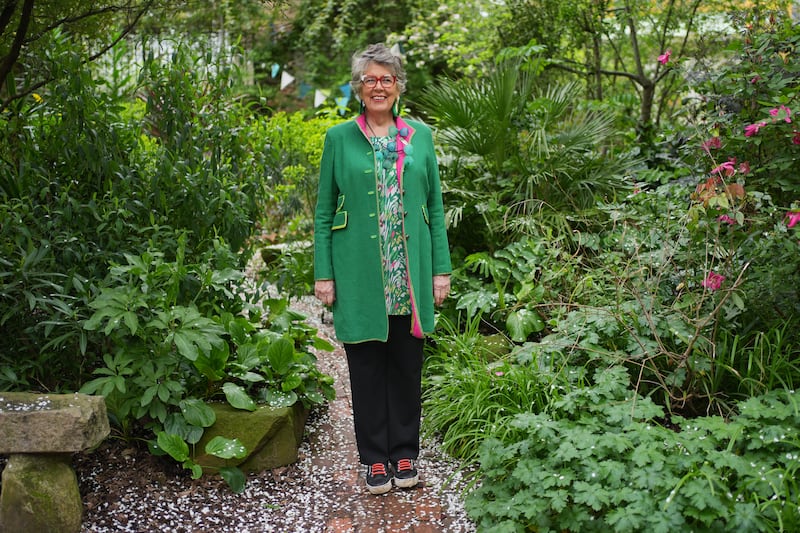Jurgen Krauss’s elimination from the 2021 Great British Bake Off caused such a scandal, Ofcom received 115 viewer complaints.
The lovable German baker was seen as a top competitor, winning three star baker prizes before being booted off in the semi-finals.
Nearly two years on, Brighton-based Krauss, 58, has no hard feelings – but he did see the uproar coming.
“I had a feeling there would be complaints – a feeling that people would take it very seriously,” he says.
But he still has only good things to say about the show, noting the “overwhelmingly positive reaction was quite amazing”, and crediting the experience with boosting his baking skills massively.
He speaks particularly fondly about the period before the competition started, when the contestants were in a bubble and testing their recipes.
“We had nine weeks to prepare one signature and one showstopper each week and submit the recipe – that was really a huge time for growth,” he says. He calls this a period of “non-stop new ideas, non-stop new processes”, adding with a wry laugh: “Most of the things I’d done in the tent I’d never done before, and some of them I’ve never done since, [and] I’m not sure I’ll ever do them again. It was tough – it was amazing.”
Many of the bakes Krauss made on the show were inspired by his childhood in the Black Forest, Germany. This formed the start of his new cookbook, aptly called German Baking: Cakes, Tarts, Traybakes And Breads From The Black Forest And Beyond.
“During Bake Off, the briefs of all these signature bakes often included references to childhood that really reconnected me to my culinary home, to the Black Forest and the cooking of my parents, the things I liked to eat as a child or teenager, or while I was studying.”
Some of Krauss’ favourite food memories growing up are from the period before Christmas. “My brother and I, we were always in the kitchen with my mother, we were always part of cooking and baking Christmas – the time before Christmas was always amazing,” he remembers.
“It was fun, getting hands sticky in dough and tasting it all, and using ingredients like kirsch [brandy made from cherries]. I didn’t think much of it, being able to make cakes like cheesecakes or Linzer torter [a spiced tart that would kick off the Christmas period in Krauss’ household].
“But then much later, after the move to England [in 2003], I really took a deep dive into making bread. After 10 years or so, I really was craving German bread.”
From apple marzipan tarts to the classic Black Forest gateau, Krauss’ book is an ode to his childhood and where he grew up.
“Black Forest is an interesting region, because it has influences from France and Austria,” Krauss explains.
“It had a varied history. It was Austrian for almost 200 years – you get dark breads, but rye isn’t such a dominant grain as it is in other German areas. That’s the Austrian influence – you get a lot more wheat and you get things like pancakes and dumplings, more than in other German areas, which is clearly inspired by the Austrian kitchen.
“You have also a huge influence from France and Alsace in terms of day-to-day cooking, so it’s a bit of a conglomerate.”
Despite its name, Krauss suggests the Black Forest gateau was actually invented in Dortmund – a city around five hours’ drive away from his home.
“But it has become iconic because on the borders of the Black Forest in the Rhine Valley there are huge orchards and cherries grow very well there. Making kirsch has a long tradition, making fruit brandies has a long tradition in the Black Forest because of that.”
Other recipes in the book include the Flammkuchen, or what Krauss describes as “kind of a Black Forest pizza”.
“It’s an unleavened bread, so you could say it’s a matzah with sour cream on it, and you can put lardons on it, onions, or you can make it sweet with cinnamon sugar and apple slices. It’s really so easy – you can have it ready in 20 minutes, from start to finish. You just need to have an oven that goes really hot.”
While the book is all about traditional German baking, Krauss has added the occasional modern twist.
He says animal products are prominent in German cooking, “And they don’t run very strongly through my bakes in the book, because I wanted to make it appealing to a very wide audience. So I didn’t use lard, where a traditional Black Forest baker would probably use lard or lardons – things like that. I definitely scaled back on that. You would make dumplings or doughnuts in lard, you would fry them in lard – this sort of thing has lost its appeal over the last few years I think.”
While he’s still known to many as ‘Jurgen from Bake Off’, Krauss says he’s come a long way since the show.
“I feel much more in command of things,” he muses.
“It feels a lot easier for me to change things. I got to a stage in bread baking where I can go fancy and know the outcome will be OK. I never had that with sweet things before Bake Off.
“But now I can see how to change ingredients and how recipes work in general – so that’s a huge change.”

German Baking: Cakes, Tarts, Traybakes And Breads From The Black Forest And Beyond by Jurgen Krauss is published by Kyle Books on August 31, priced £26. Photography by Maja Smend.








